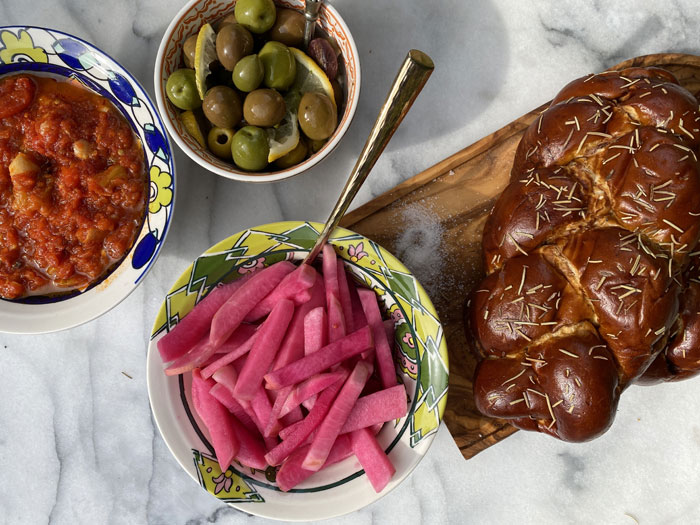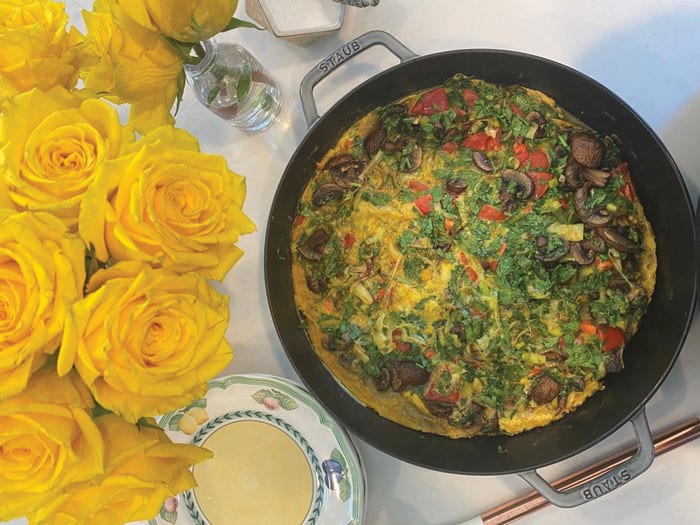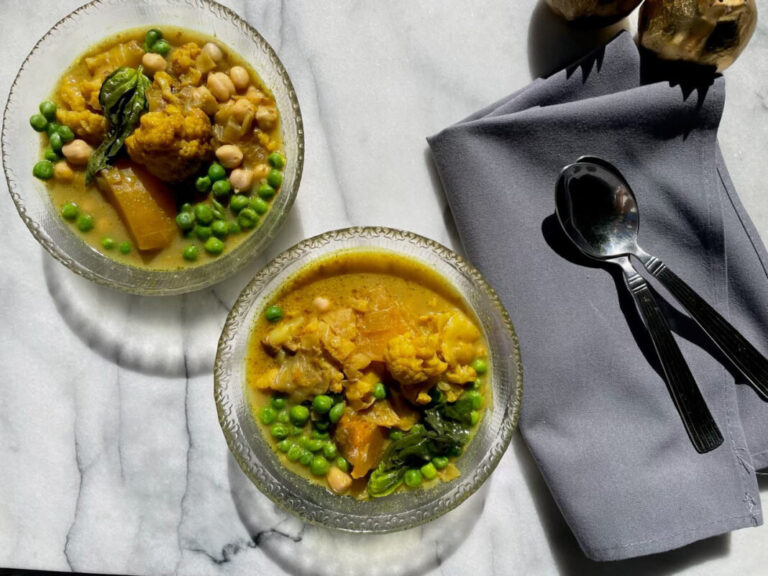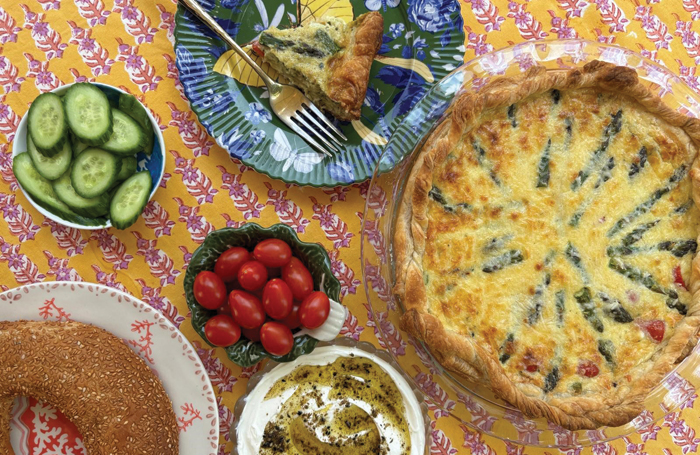The Power of Sour — Pickled Pink Turnips
If you’ve been to an Israeli restaurant, you’ve seen em’chalala, the pretty pink batons of brined turnip.

Once upon a time, in exotic lands far away, our grandmothers and great grandmothers fed their families according to the seasons. The rhythm of life for the Jews of the Middle East and North Africa was dictated by the calendar of the Jewish festivals and the agricultural cycle that they commemorate. Passover is known as Chag HaAviv, the festival of Spring and ripeness, celebrating the crops that have just begun to ripen. Shavuot is Chag HaKatzir, the festival of the harvest that coincides with the harvest of late Spring. Sukkot is called Chag HaAsif, the festival of gathering because it is celebrated in the fall when the crops are gathered.
Since the early 2000’s, farm-to-table and locally sourced are popular movements in the food scene, recognized as a way to improve food quality and help local growers, as well as just better for the environment. For our grandmothers, using the produce that was locally available was just the way of life.
My grandmother’s life revolved around her kitchen, her garden and, in lieu, of the cold, dark stone cellars of the houses in Iraq, her converted garage storeroom in Sydney’s posh suburb of Rose Bay. This room was filled with large sacks of rice, potatoes, yellow onions and garlic. There were boxes of tomatoes and dried dates. Then there were the jewel-colored jars of fruit jams. Bright orange apricot and coral peach jams, amber-colored figs and the delicate pink and garnet tones of candied quince. She would save orange peels, cutting them into long thin candies, to be served as a dessert or as a garnish on rice, along with caramelized onions and fried slivered almonds.
Then there were the jars of pickles. Of course, there were jars of pickled cucumbers brined with kosher salt, garlic and dill. Her delicious turshi made with cauliflower, green beans, carrots, red pepper and garlic pickled in a brine of bright yellow curry, turmeric, salt and pepper, sugar and vinegar. The vegetables retain their crunch but are infused with an irresistibly deep, earthy, sweet and sour flavor.
My grandmother (just like Rachel’s family) made jars of preserved lemon, but hers contained paprika and olive oil, giving the bright yellow lemons an ochre hue. While preserved lemon is an indispensable cooking ingredient in the Margreb kitchen, my grandmother served hers as a condiment. (Find the recipes for Nana Aziza’s turshi and Rachel’s preserved lemon at JewishJournal.com and sephardicspicegirls.com)
In the winter, when root vegetables are in season, my grandmother would make jars of em’chalala (pickled turnip).
If you’ve been to an Israeli restaurant, you’ve seen em’chalala, the pretty pink batons of brined turnip. They’re ubiquitous in the cuisine of the Middle East, adding a wonderful vinegary tangy crunch to any falafel, Sabich or shawarma laffa.
LIKE OTHER PICKLED AND FERMENTED FOODS, EM’CHALALA IS ALSO GUT HEALTHY, FULL OF FIBER AND NUTRIENTS.
Like other pickled and fermented foods, em’chalala is also gut healthy, full of fiber and nutrients.
It’s a good thing that they’re simple to make because my kids will finish a big jar in one day.
Rachel and I hope you’ll try your hand at brining some turnips.
— Sharon
Pickled Turnips
2 pounds small white turnips, peeled
and cut into 1/4 inch thick batons
1 cup water
2 cups apple cider vinegar
2 tablespoons sugar
3 tablespoons kosher salt
2 teaspoons mustard seeds
1 medium beet, peeled and cut into
thin slices
- Place turnip batons in a large bowl.
- In a medium sauce pan over medium heat, bring the water, vinegar, sugar, salt and mustard seeds to a boil.
- Reduce the heat to low and simmer until the sugar and salt dissolve, 3-5 minutes.
- Pour the liquid over the turnips and let sit for 20 minutes.
- Tightly pack the turnips into jars and add beets into the jars.
- Carefully pour the brine into the jars to the top.
- Tightly seal each jar and refrigerate.
- Pickles are ready to eat after 3 days and will last in the refrigerator for two months.
Rachel Sheff and Sharon Gomperts have been friends since high school. They love cooking and sharing recipes. They have collaborated on Sephardic Educational Center projects and community cooking classes. Follow them on Instagram @sephardicspicegirls and on Facebook at Sephardic Spice SEC








